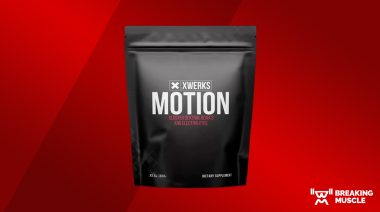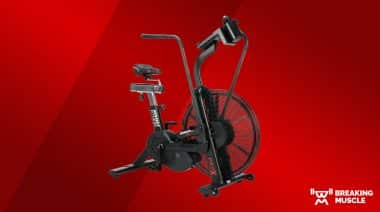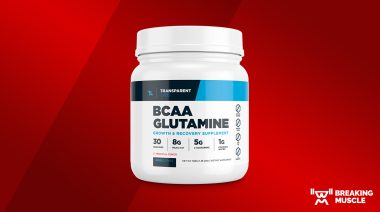Caffeine is one of the most proven performance-enhancing supplements in history. It increases performance, decreases fatigue, and promotes fat burning. It’s also insanely popular. 90% of adults in North America consume caffeine daily. But can it help with muscle soreness? A study from the Journal of Strength and Conditioning Researchsays yes.
Researchers took twelve young men and asked them to abstain from caffeine for seven days. Then the participants entered the lab and were blindly given either caffeine or a placebo. They received caffeine in proportion to their weight, with the average dose around 385mg. That’s a hefty dose – about 2.5 cups of coffee. Then they performed a lot of bicep curls, finishing with a one max effort set. Over the next few days the participants returned to the lab each day and reported their levels of soreness.
Starting on day two, the caffeine group reported significantly lower levels of soreness compared to the placebo group. This difference continued each subsequent day, but was most drastic on days two and three. Soreness to the touch was also drastically different. The placebo group experienced significantly more pain when their biceps were touched up to two days after the test.
In addition to the findings on muscle soreness, the study also found the usual performance-enhancing effects of caffeine. The caffeine group performed an average of 50% more reps on the max effort set of bicep curls, and even reported less fatigue afterwards.
This study was a slam dunk for caffeine. A dose of 5mg per kilogram of body weight was effective in improving performance and reducing soreness. Other studies have shown caffeine can help aging muscles continue to produce power.
But coffee may not be the preferred delivery method. Some studies have shown that coffee is a far less effective way of ingesting caffeine compared to pills. So caffeine supplementation may not be as simple as downing some Starbucks before you head to the gym. You may want to opt for an energy drink instead. Science has shown caffeine is the only ingredient in most energy drinks that is even remotely useful.
But this is certain – caffeine and creatine hold the rare and heralded position of being supplements that have been proven safe and extremely effective by countless studies over decades of research. If you’re interested in performing your best, you would be remiss not to consider them.
References
1. Caitlin Hurley, et al. The Effect of Caffeine Ingestion on Delayed Onset Muscle Soreness. Journal of Strength & Conditioning Research (forthcoming). POST ACCEPTANCE, 3 September 2013. doi: 10.1097/JSC.0000000000000220
Photo courtesy of Shutterstock.






